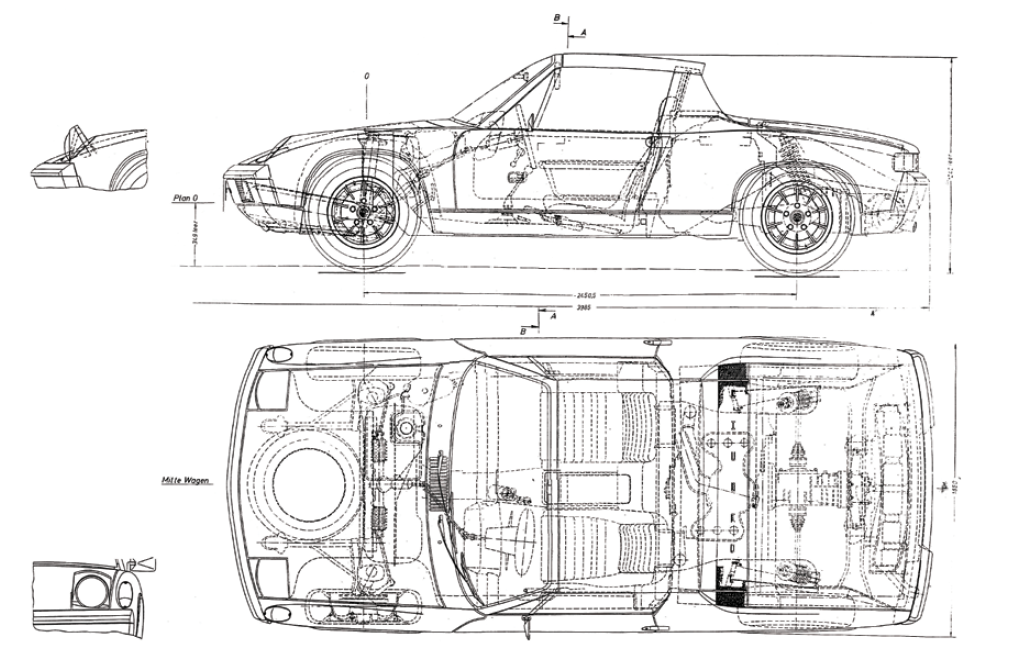In the drawn out wake of Detroit’s economic decline, a certain atmosphere has manifested out of a collective drive to remain resilient; a sterling, relentless hope that this city will triumph. It is in this air of encouragement, embracing ideas, and novel creativity that an open frontier has actualized for all types of creative outlets. Yet, our nation seems blissfully unaware of this incredible heartbeat pulsing within our city every second, however rooted it may be. These roots share space in the history of both Detroit and Michigan, within the shadow of the automotive industry that has permeated local and state economies for nearly the last century. What many people might not know is that Michigan’s engineering vocation is virtually unparalleled.
The gradual decline of the automotive industry presence in Detroit and surrounding suburbs nearly four decades ago generated a profound economic impact which rippled throughout the state, producing effects still evident today. However, it is the very existence of this deeply reinforced history that has contributed to an overwhelming demand for engineers in Michigan. For better or for worse, Detroit, Michigan, and the automotive industry have an association that will always linger, if not completely overlap. A recent economic study found a shelf lifeof a mere three days for a job seeker specializing in engineering and searching in Michigan, with salary expectations at or around six figures. Demands have become so great that companies have reached across state borders to source prospects and woo them to relocate to Michigan, with demand increases showing no imminent signs of shifting down.
Michigan ranks number one in the country for engineers per capita, an ironic twist considering the occupation currently held as one of the most reliable is the occupational foundation for the automotive industry (which has proved in remarkable example the consequences of what can happen when a region depends almost exclusively on a singular industry). Yet in spite of the turbulent history, it remains self-evident that because of the supply and demand for engineers, Michigan became one of the fastest improving economies immediately following the recession by way of an insatiable demand and growing supply of engineers. And then there are the subsequent domino effects, those that always accompany economic fluctuations.
In Michigan’s automotive industry, an estimated 475 new job opportunities will arise in other industries for every 100 new engineering jobs. Educational institutions centered on engineering have responded as well: there have been statewide increases in technical university sites along with highly regarded pre-college programs designed to optimally prepare students looking towards an engineering future (Detroit Area Pre-College Engineering Program or DAPCEP, for instance). Philanthropic efforts have reaped the benefits of successes in the engineering world as well. In 2012, Ford Motor Company donated $10 million to a sprawling cultural block within Detroit known as Mexicantown in an effort to strengthen Detroit’s neighborhoods through a community center, offering cultural events, education job training, and employment prospects for youth.
Contrary to what might be the general perception, opportunity has not stagnated in Detroit city or the State of Michigan. Here, there is a broad population of sincerely proud citizens who deeply appreciate the vibrant culture and rich opportunities woven into their home. Perhaps the most critical objective for Detroit and Michigan is to publicize the awareness of substantial opportunity existing here in both engineering jobs and a genuine culture lifestyle, which is by all means quite a worthy objective.

